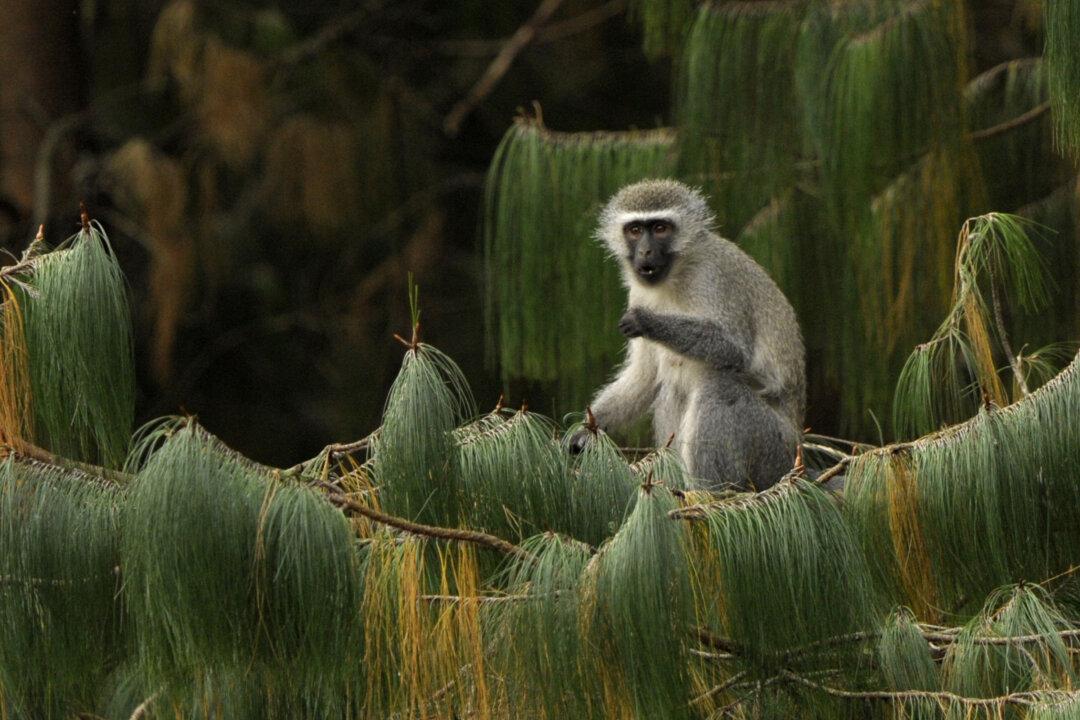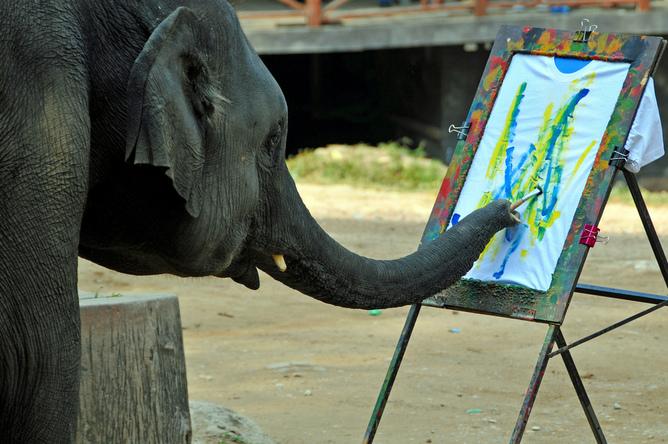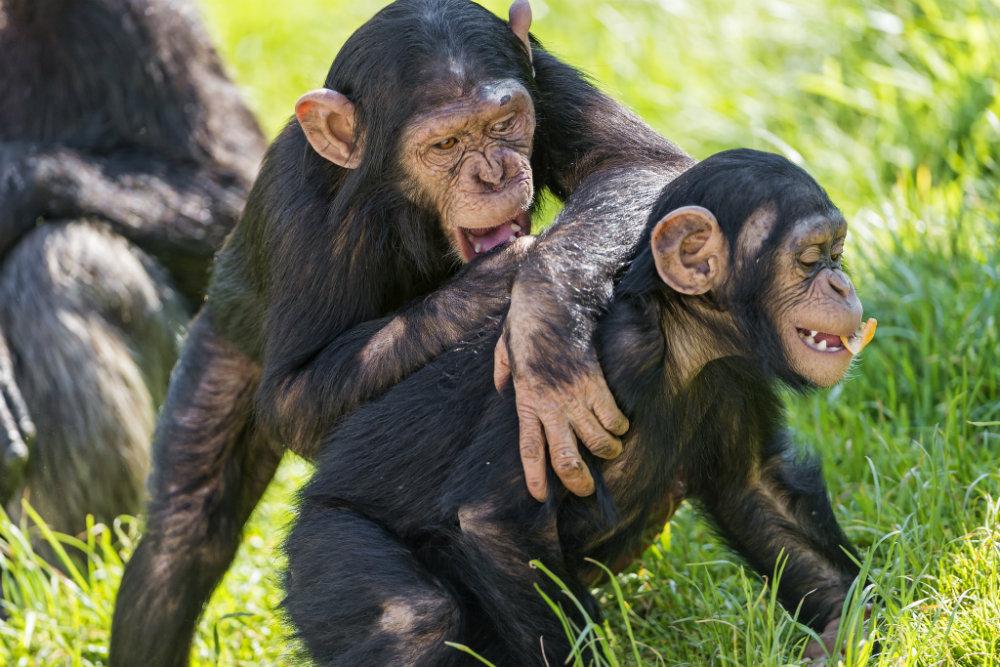It’s hard to avoid stress, and the expectation that we are camels with unbreakable backs. I know this from personal experience as part of the “squeezed generation“ with young children, an old parent and a demanding job. Often I joke to my kids that they are making my hair go grey to which they respond: ”It’s better than going bald.”
These two signs of ageing are also linked to stress. Human psychologists are lucky: they get to ask people what makes their hair go grey or fall out. Progress can be more difficult for people like me, who work on assessing the psychological well being of animals, as we cannot directly ask a dog or a parrot how they feel. But our knowledge of stress in humans is increasingly being deployed in the animal world.

Long beard, short telomeres. Poetic Edda



